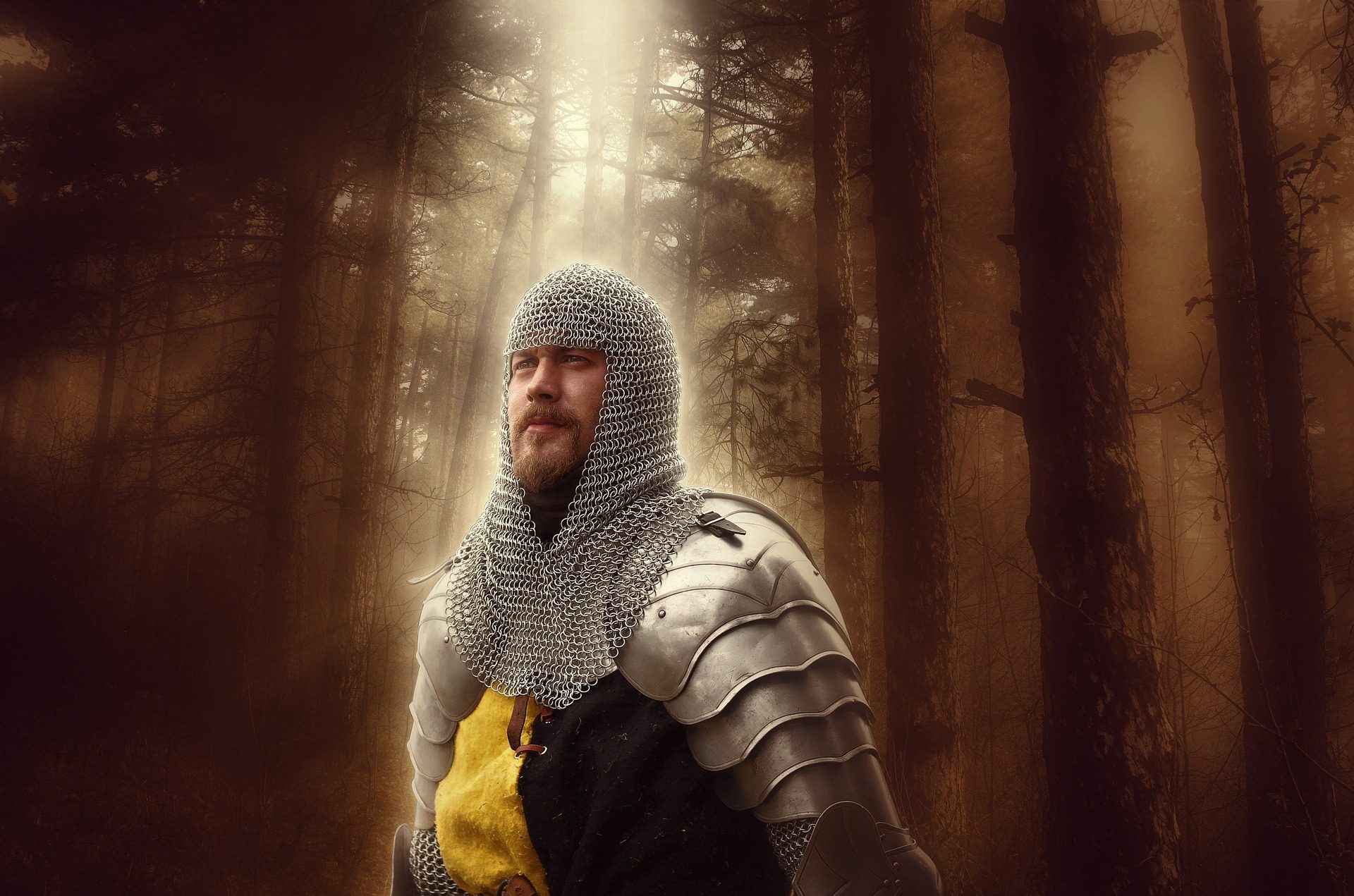Menu


Over the last few years, I have watched many men struggle with the issue of fear. Living with fear offers a life of anxiety, trauma, and unease. A life of peace can only come from the resolution of these anxieties, the removal or changed understanding of that which creates our fears.
Ultimately, the way to deal with fear and uncertainty is to use hope to address the facts. However, when we see the word “hope,” it may not instill in us a great deal of confidence, because “hope,” unfortunately, is a greatly misunderstood word. We are poorly served by the manner in which our modern usage of the word has distorted its original meaning. We now employ the word “hope” primarily as a verb, and it loosely connotes uncertainty and an element of wishful thinking. “I hope it does not rain tomorrow.”
However, the connotation of the word “hope” that is referred to throughout the Bible is a noun, and it has the semantic meaning of a life-changing certainty of something that has not yet happened, but that we know one day will occur.
Dr. Tim Keller says that we underestimate the power of hope in our lives and just how much our belief in our future determines how we live today. Human beings are clearly hope-based creatures. We are unavoidably shaped by how we view the future, because it impacts the way we process life in the present – in the now.
Keller says “What we believe about our future is the main determinant in how we process, how we experience, and how we handle circumstances in the present.”
Though we might not realize it, we cannot live without hope. Keller points to Viktor Frankl’s noted book, Man’s Search for Meaning, as an example. Frankl, a Jewish psychiatrist, was one of those fortunate people to survive the Nazi death camps of World War II. As a trained psychiatrist, he was fascinated by why some of his fellow prisoners wasted away and died, while others remained strong and survived. He concluded that we cannot stay healthy if we do not have hope for the future. Frankl writes:
Life in a concentration camp exposes your soul’s foundation. Only a few of the prisoners were able to keep their inner liberty and inner strength. Life only has meaning in any circumstances if we have a hope that neither suffering, circumstances, nor death itself can destroy.
Frankl recognized that our believed-in future impacts our ability to cope with our mortality. If our view of the future is grounded in a solid, ultimate hope, then we will have a solid foundation on which to build our lives. However, if our view of the future is rooted in hopelessness, over time we will live with an overriding sense of fear end despair.
Philip Yancey shares the story of Allied soldiers in a German prison camp in World War II. They lived in despair, wondering if they would survive, and if so, wondering if they would ever see their families again. However, Unbeknownst to the guards, the Americans built a makeshift radio. One day news came that the German high command had surrendered, ending the war – a fact that, because of a communications breakdown, the German squads did not yet know. As word spread, a loud celebration broke out.
For three days the prisoners were hardly recognizable. They sang, waved at guards, laughed at the German shepherd dogs, and shared jokes over meals. On the fourth day, they awoke to find that all the Germans had fled, leaving the gates unlocked. The time of waiting had come to an end.
If you think about it, nothing had changed in the prisoners’ physical circumstances and living conditions, yet they knew the final outcome of the war, and it changed everything.
This is how God intends for his people to live – with great joy as we anticipate the future. He has told us what the final outcome is and what our ultimate destiny is going to be.
We are told in the book of Hebrews that Christ came to set us free from the fear of death, which most people are slaves to all of their lives. He tells us the final outcome, and He validates it by Christ’s glorious resurrection. This is our ultimate hope. And scripture tells us “this hope is the anchor of our souls.” (Hebrews 6:19
Add grace and understanding to your day with words from Richard E. Simmons III in your inbox. Sign-up for weekly email with the latest blog post, podcast, and quote.

For local orders in the Birmingham, AL area, enter Promo Code LOCAL at checkout to save shipping. We will email you when your order is ready for pickup.
Bulk discounts for 25 or more books! Call 205-789-3471 for prices.